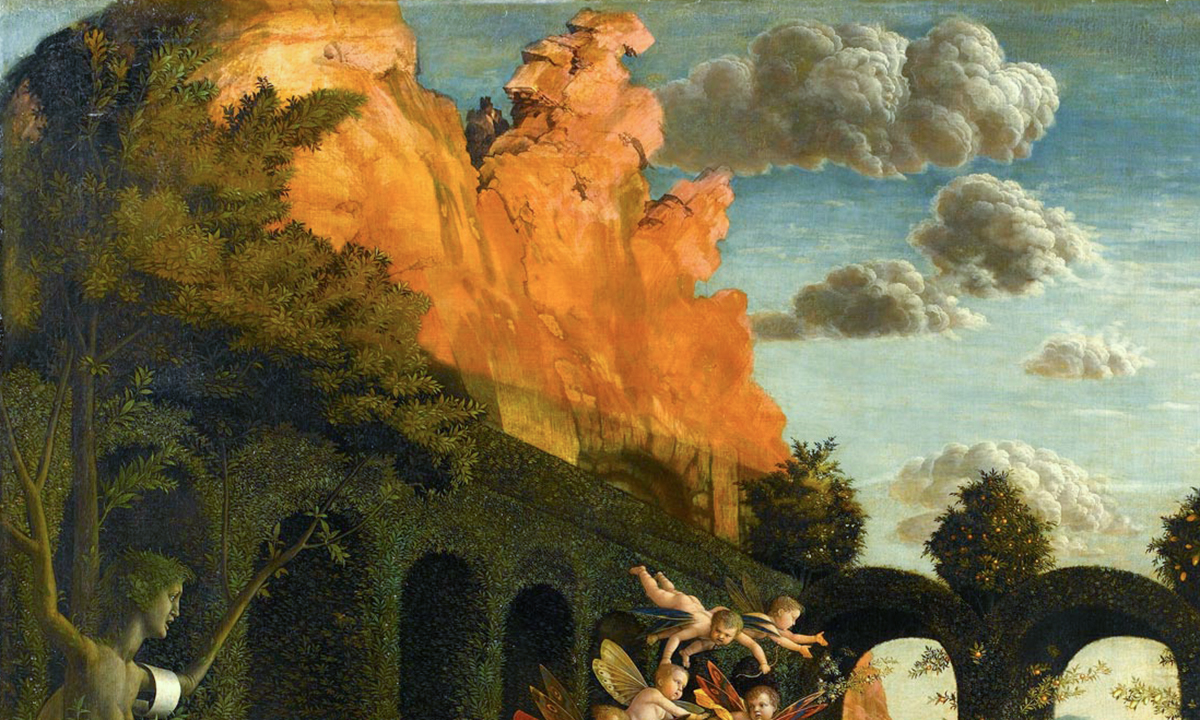Aristotle wrote that to achieve eudaimonia, or human flourishing, we must cultivate the virtues in ourselves. A virtue is a trait or quality that helps us achieve excellence, in how we feel, how we think, and how we act. Virtues are context specific and highly situational. Every society and subset of society, including families, groups of friends, neighborhoods, and other various associations, has their own set of virtues that they believe in and encourage, even if they are not explicitly stated.
Aristotle wrote of twelve that he felt were the most important, in his community and in his time. They included Courage, Moderation, Generosity, Elegance, Benevolence, Industriousness, Patience, Honesty, Wittiness, Friendliness, Modesty, and Righteous Indignation.
Students participating in this unit of study will identify the virtues that are promoted and valued in their communities today. They will then need to choose one of those virtues to examine further. After that, the students will choose an animal that serves as a symbol of that virtue, to them. The animals can be real, or mythological, or completely fabricated, but the students will be required to justify their decision and explain how the animal they chose symbolizes their virtue. In the final part of this unit of study the students will create a small, clay sculpture of their animal using “hard slab” hand-building techniques.
